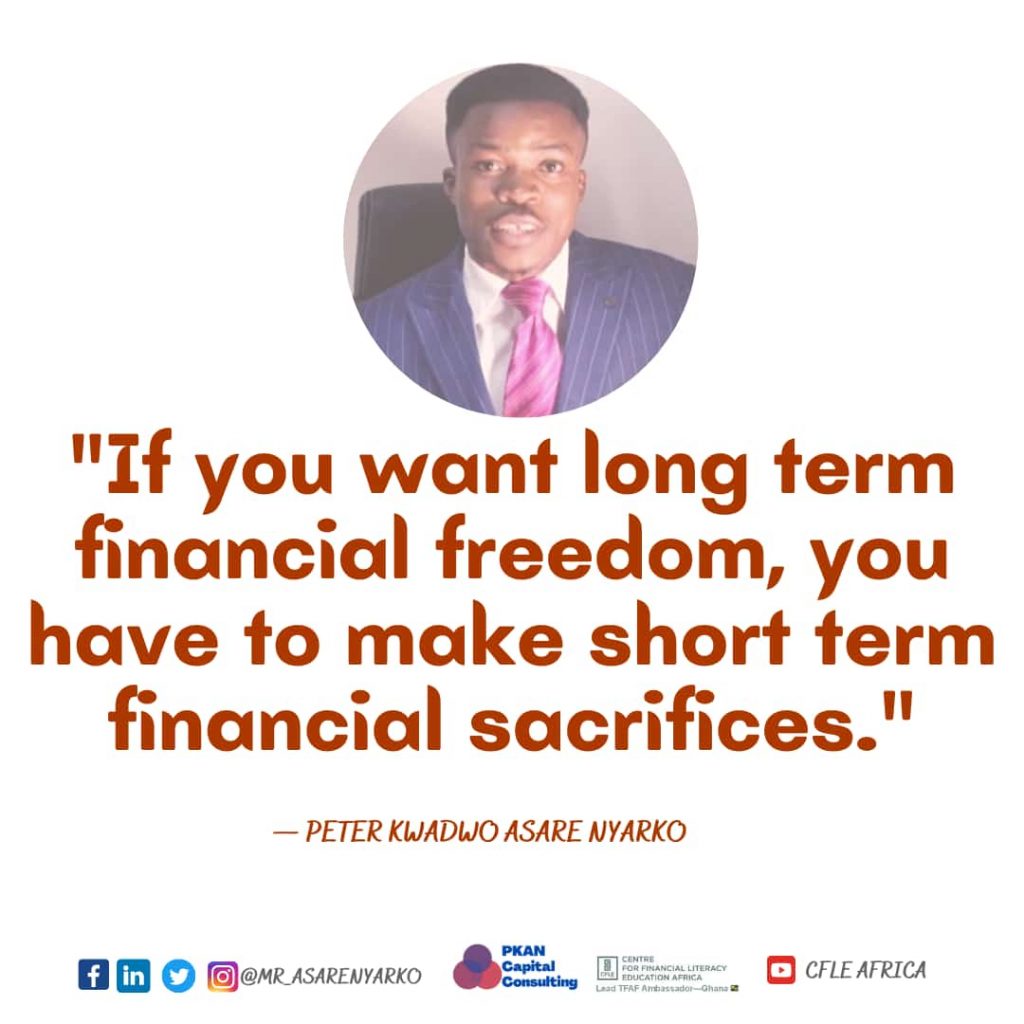Cost-Cutting Money-Making Game – Win The Money Game
Personal cash-flow management and managing your spending habits are key areas of personal financial management, and are concerns for many families. With fantastic new products arriving in the market daily, managing available cash becomes quite a challenge.

This also becomes more challenging as we move into the various higher purchasing times – birthdays, vacations, back to school, year-end holidays, among others. At the end of the day there are usually only two ways in which you will have more money: receive more and/or spend less.
To assist you with the latter, try playing a fun game we have developed, designed to improve your situation. It’s called the “Cost-Cutting Money-Making Game.”
THE BASICS
To win at the “Cost-Cutting Money-Making Game”, you will need the right strategies, an open mind and a small amount of time and effort. It is really a money-saving game, with techniques for saving large and small amounts every day that can really add up over your lifetime.
HOW TO PLAY
The objective here is to save the most money with the least amount of effort.
Following are Top Suggestions for Saving Money.
Check off any items that apply to you. Write down what you might be able to save in a month in each category, and then total your monthly savings.
Some strategies take a bit of time and attention, while others are easy to put into action right away. None have immediate impact on your lifestyle, however, over time, they can add up to significant savings for you. As you think about your spending patterns and needs, come up with new ideas to add to your list. To foster a little friendly competition in the game, challenge your family to see who can save more each month. The winner gets something special prepared by the loser(s) – maybe a favorite culinary treat or a pass from doing some household chores.
TOP MONEY SAVING IDEAS
FINANCIAL
- Income taxes – If you regularly get a tax refund, talk to your tax preparer or adviser about reducing your estimate tax payments or withholdings during the year. Put that money to work immediately.
- Bank services – Shop for no-fee checking and ATMs. Use free online bill payments and automatic payments to save time.
- Credit cards – Use a card with no annual fee and one that gives you “cash rebates”. Pay off your balances monthly. If you are carrying a balance, ask your card company to lower its rate, or transfer to a lower-rate card.
- Insurance – Consider raising deductibles or co-insurance on health, disability, auto, and homeowner’s insurance. Shop for better coverage and lower premiums. Pay premiums annually.
- Loans – Refinance high-interest loans into lower-interest ones. If available to you, consider converting non-deductible consumer debt into a tax-deductible home equity loan. Do not abuse this strategy.
- Property taxes – If property values in your neighborhood have decreased, try having your property reassessed by your tax assessor to lower your property taxes.
- Charitable contributions – If you do not have a lot of money volunteer time instead of money. Donate household items that you no longer use. Consider making gifts of appreciated property (stocks, mutual funds, art, and real estate) instead of cash.
- Advisors – Use qualified fee-based financial advisors before making major financial decisions. Prepare an agenda for all meetings to save everyone’s time. Use a discount broker to buy and sell your investments if you are doing all the research and financial planning.
HOUSEHOLD
- Get physical – Clean your own house, mow your own lawn, wash your own car, recycle your recyclables, etc.
- Appliances – Consider upgrading older appliances to more energy-efficient models.
- Utilities – For your power use energy-efficient appliances. For your landscaping conserve water with efficient planning and irrigation. Check out if solar energy works for your dwelling and workplace.
- Phone / Internet – Shop for the best cellular phone and internet services.
SHOPPING
- Clothing – Shop during sales or at discount outlets (making sure that “discount” prices are actually lower). Think twice about marked-down items – if you would not buy the garment at full price, you may not really want or like it that much. Consider maintenance costs – a garment that needs to be dry-cleaned every time it’s worn may not be a bargain at all.
- Food – Grow your own; consider an indoor vertical garden https://www.gardeningknowhow.com/special/urban/starting-a-vertical-farm-indoors.ht . When shopping use a grocery list and avoid shopping on an empty stomach. Cut back on prepared foods; try using the weekend to prepare bulk dishes for the a week or two, also shop for food items in bulk, in this strategy you tend to gain from volume purchase. Also you can use an online menu planner like https://mealsmatter.org/. When shopping with kids limit them to choosing one item each.
- Buy in volume carefully – Buying on sale or through big-box retailers can mean major savings, provided
you stick to your shopping list and use what you buy. Needing extra storage or trashing spoiled or unused food waists your money. Set up a bulk food–buying cooperative with friends. - Coupons & rebates – Use them to your advantage and only if you need the item. If there is a great special coupon offered through a newspaper, buy an extra paper and use it on a separate shopping trip. Before making a large purchase check online if there is a discount coupon available.
- Avoid impulse buying – Resist the temptation to go shopping just for something to do or to cheer yourself up.
- Generic brands – By buying generic brands, a family of four can save as much on its food bill.
PERSONAL
- Forgo little things – Saving GHS1 a day by giving up specialty soft drinks, sodas and snack foods could add up to over GHS300 over the course of a year. By investing that money with an 8 percent return, you’d have GHS4,345 in 10 years. In 45 years you’d have over GHS115,951! Could you use this at YOUR retirement?
- Take advantage of community resources – Borrow books from the library instead of buying them. Run at the school track instead of a club. Go to free community concerts. Trade baby-sitting with friends. Have a yard
sale to sell what’s not needed. - Automobiles – Make your car last another year. Conserve gas by driving below the speed limit. Change your own oil according to specs. Buy a late-model used car instead of a new one.
- Meals – Take your lunch to work. When eating out at restaurants pick those that offer two-for-one specials
or other discounts. People often spend more on restaurant meals or purchases when they pay by phone or credit card. Try making it a habit to pay by cash or check. - Entertainment – View recent movies online or from your cable provider, go to bargain movies. Go for a hike and picnic instead a shopping trip or an amusement park. Plan vacations you can afford. Lower your golf score by spending less money at the driving range and more time at the free putting and chipping greens.
- Memberships – Belong only to clubs that matter to you, especially when dues are involved. Review your membership on an annual basis.
RESULTS
If you practiced all these money-saving techniques, you could save yourself more than GHS100 per month. If you’re 34 and saved this amount every month until age 60 while earning 10 percent on your money, you could have over an additional GHS118,000! If you earned 12% on you money you’d have over GHS165,000.
Not bad for playing the “Cost-Saving Money-Making Game.”

To book Peter Kwadwo Asare Nyarko for Speaking Engagements, Group and Personal Financial Planning Sessions, Training and Facilitation, contact
Email: peternyarko403@gmail.com
Whatsapp /Call: +233 278553887



